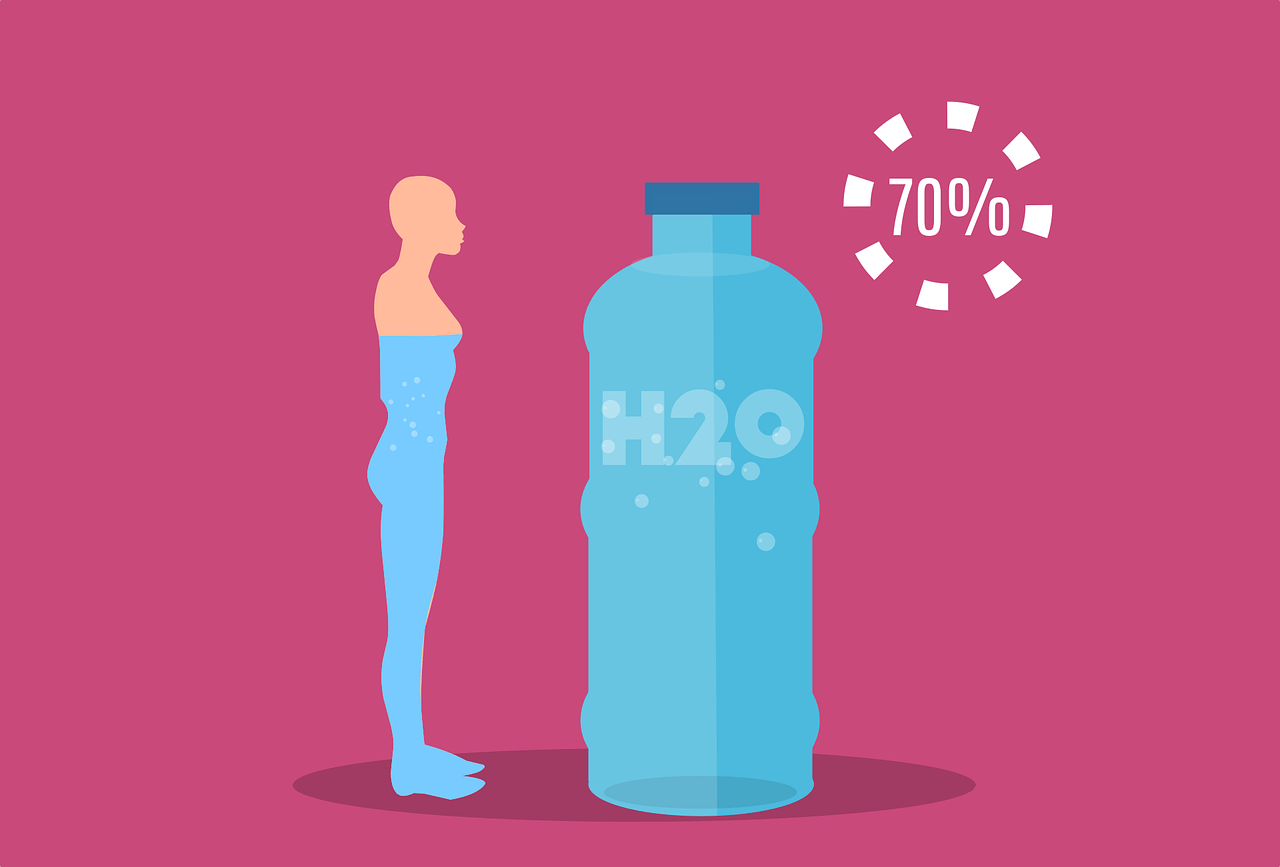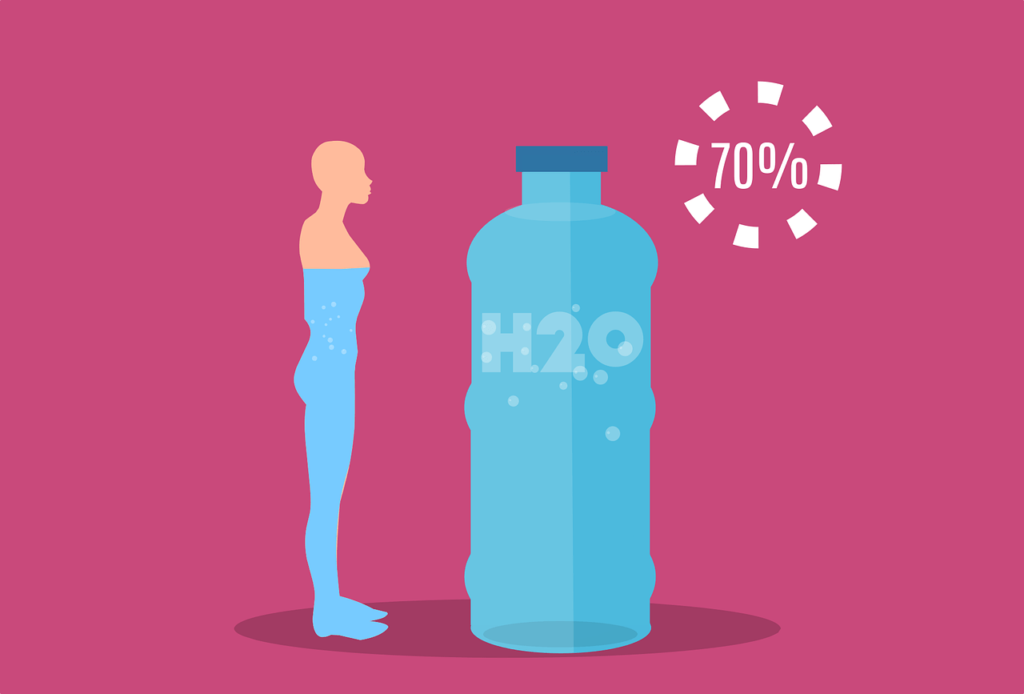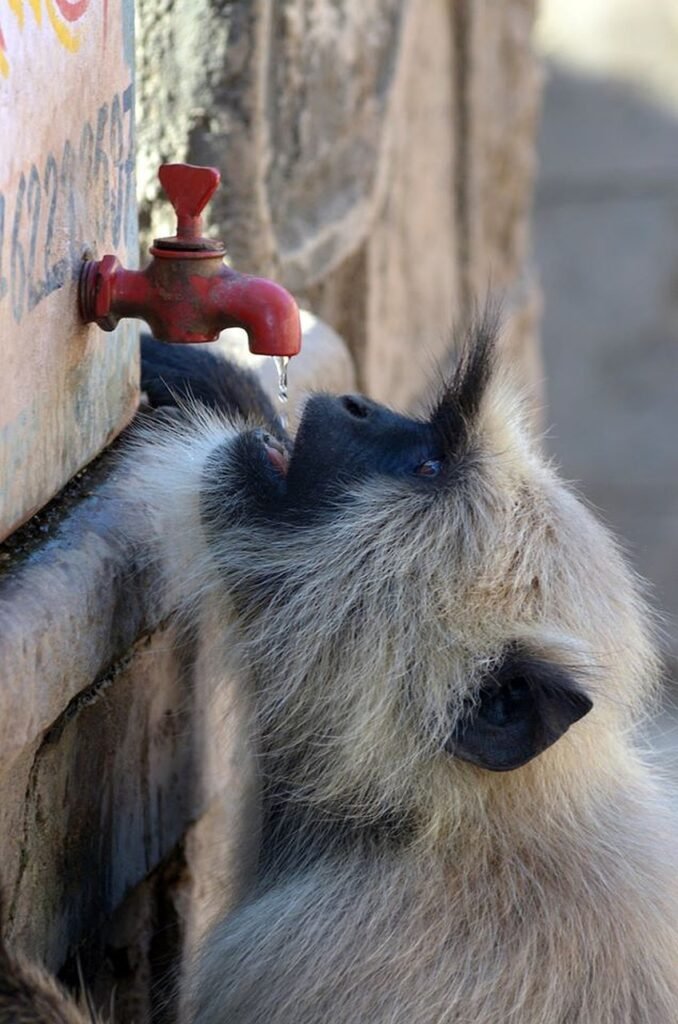
Ensuring your dog gets enough water is key to keeping them happy and healthy. Hydration is crucial for all aspects of your dog’s well-being, whether it’s maintaining a shiny coat, supporting joint health, or aiding in digestion. By providing fresh, clean water at all times and considering nutritious dog food with high moisture content, you can help support your furry friend’s health. Additionally, supplements like omega-3 fatty acids or probiotics, recommended by your veterinarian, can further promote overall hydration and wellness. Taking these steps will ensure your canine companion thrives and enjoys each day to the fullest. Have you ever wondered, “How can I ensure my dog gets enough water?” Ensuring that your furry friend stays well-hydrated is crucial for their health and well-being, just as it is for us humans. In this article, we’ll explore steps you can take to make sure your dog gets plenty of water, along with tips on monitoring their hydration levels and discussing nutritional aspects that play a role in maintaining their overall health.

Why Water Matters for Your Dog
Water is a fundamental component of your dog’s body. It helps with digestion, nutrient absorption, temperature regulation, and joint lubrication. Inadequate water intake can lead to dehydration, which may cause severe health issues.
Benefits of Proper Hydration
- Digestion and Nutrient Absorption: Water helps break down food, making nutrients more accessible for absorption into the body.
- Temperature Regulation: Dogs cool themselves primarily through panting, and water plays a vital role in this process.
- Joint Lubrication: Proper hydration helps maintain joint health, particularly for senior dogs and those with joint issues.
- Waste Elimination: Water aids in flushing out toxins through urine and feces.
Assessing Your Dog’s Water Needs
Factors Influencing Water Requirements
Just like humans, dogs’ water needs can vary based on several factors:
- Breed: Some breeds may require more water than others due to their size, activity level, or health conditions.
- Age: Puppies and senior dogs typically need more water compared to adult dogs.
- Diet: Dogs on a dry kibble diet will require more water than those on wet food or a raw diet.
- Activity Level: Active dogs or those who exercise more need extra hydration.
- Health Conditions: Certain health issues, like kidney disease or diabetes, can increase a dog’s water requirements.
- Environmental Factors: Hot weather or dry environments can lead to increased water needs.
Recommended Water Intake
A good rule of thumb is that your dog should drink one ounce of water per pound of body weight each day. For example:
| Dog’s Weight | Daily Water Intake (approx.) |
|---|---|
| 10 lbs | 10 ounces |
| 25 lbs | 25 ounces |
| 50 lbs | 50 ounces |
| 75 lbs | 75 ounces |
Remember, these are general guidelines. Individual needs can vary, so it’s essential to observe your dog and consult your veterinarian.

Recognizing Signs of Dehydration
Monitoring your dog for signs of dehydration is crucial, especially in the summer or if they are active.
Common Signs of Dehydration
- Lethargy: A dehydrated dog might appear unusually tired or listless.
- Dry Gums and Nose: Check your dog’s gums and nose; they should be moist.
- Loss of Skin Elasticity: If you gently pull up the skin between your dog’s shoulder blades, it should snap back quickly. Delayed return can indicate dehydration.
- Panting: Excessive panting can be a sign of dehydration.
- Sunken Eyes: This can be a severe sign of dehydration and requires immediate veterinary attention.
What To Do If Your Dog Is Dehydrated
If you notice signs of dehydration:
- Move to a Cool Area: Place your dog in a cool, shaded area.
- Offer Water: Encourage your dog to drink water, but don’t force it.
- Hydrating Solutions: Offer pet-safe electrolyte solutions if recommended by your vet.
- Veterinary Attention: Severe dehydration requires immediate veterinary intervention.
Strategies to Ensure Adequate Hydration
Keeping your dog well-hydrated involves more than just filling their water bowl. Here are some strategies to ensure they get enough water.
Fresh and Accessible Water
Ensure constant access to fresh water. Change their water daily and clean the bowl to prevent bacterial growth.
Multiple Water Sources
Place several water bowls around your home, especially if you have a large house or multiple dogs. This ensures they always have easy access to water.
Encouraging Water Intake
- Moisture-Rich Foods: Incorporate wet food or add water to dry kibble to increase moisture intake.
- Broth: Add low-sodium chicken or beef broth to their water bowl to make it more enticing.
- Ice Cubes: Some dogs love chewing ice cubes. It’s also an excellent way to add water to their diet.
- Fountain Bowls: Some dogs prefer moving water. A pet water fountain may encourage them to drink more.
- Flavor Enhancers: There are pet-safe flavor enhancers you can add to their water to make it more appealing.
Special Considerations for Senior Dogs
Senior dogs often require extra attention to their hydration needs. Their joint health can significantly benefit from maintaining adequate fluid intake.
- Regular Water Breaks: Make sure older dogs get frequent access to water, especially after exercise.
- Supplemental Hydration: Consider hydration supplements designed for senior dogs.
- Monitoring: Regularly check for signs of dehydration as older dogs may be less active and may not seek water frequently.

The Role of Diet in Hydration
Diet plays a crucial role in your dog’s hydration. Here’s how nutrition can support their water intake.
Wet vs. Dry Food
- Wet Food: Contains higher water content, contributing directly to hydration. Ideal for dogs who don’t drink much water.
- Dry Food: Lower moisture content but can be supplemented with water or broth.
Natural Dog Remedies and Supplements
Incorporating natural remedies and supplements can support hydration and overall well-being.
- Probiotics: Supports gut health and can improve nutrient absorption, indirectly aiding hydration.
- Omega-3 Fatty Acids: Helps maintain healthy skin and coat, essential for overall hydration.
- Glucosamine and Chondroitin: Supports joint health, important for mobility and activity, which can influence water intake.
- Multivitamins: Ensure your dog gets essential nutrients that support hydration and overall health.
Homemade Hydration Options
Consider making hydration-boosting treats at home:
- Frozen Fruit Treats: Freeze small pieces of dog-safe fruits like watermelon and cucumber.
- Broth Popsicles: Freeze low-sodium broth for a tasty and hydrating treat.
Regular Veterinary Check-Ups
Consulting Your Veterinarian
Your vet is your best resource for ensuring your dog’s hydration needs are met. Regular check-ups can help identify any potential health concerns early.
- Discuss Water Intake: Bring up any concerns about your dog’s water consumption during vet visits.
- Health Supplements: Ask about supplements that can support hydration and overall health.
- Behavioral Changes: Report any sudden changes in drinking behavior.
Vaccination and Hydration
Ensuring your dog is up-to-date on vaccinations is essential as some illnesses can affect hydration levels. Discuss the best vaccination plan with your vet for optimal health.
Dental Health and Hydration
Good oral health is critical for encouraging your dog to drink water.
Importance of Dental Health
- Pain-Free Drinking: Dental issues can cause pain, discouraging your dog from drinking.
- Prevent Infections: Good dental health prevents infections that can lead to decreased water intake and overall health issues.
Dental Cleanings
- Regular Cleanings: Schedule regular dental cleanings with your vet.
- Home Care: Brush your dog’s teeth and provide dental chews to maintain oral health.
Conclusion
Ensuring your dog gets enough water is essential for their health and happiness. By understanding their unique needs and monitoring their hydration levels, you can take proactive steps to keep them well-hydrated. Remember, fresh water, a balanced diet, regular vet check-ups, and attention to their overall health are key components for a well-hydrated and healthy dog.
Don’t hesitate to reach out to your veterinarian for personalized advice tailored to your specific dog’s needs. A hydrated dog is a happy, healthy companion, ready to enjoy life to the fullest with you!







